Coronavirus: Big cities our big losers as arrival gates stay shut
Sydney and Melbourne stand to be the biggest losers from the freeze on international tourism.
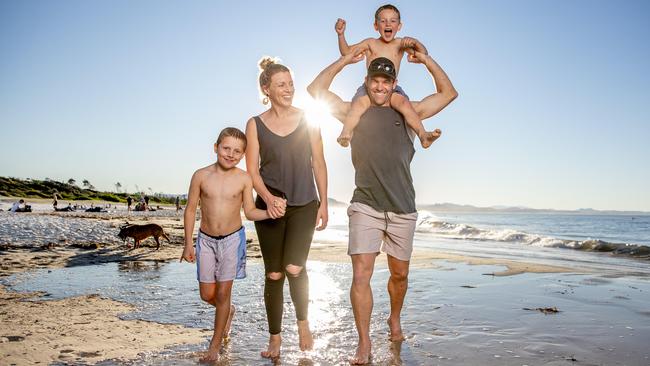
Sydney and Melbourne stand to be the biggest losers from the coronavirus-imposed freeze on international tourism, as up to 200,000 jobs are likely to be lost nationwide in the industry in the next six to 12 months.
Exclusive analysis by top consulting house McKinsey has exploded the idea that the nation’s fourth-largest export industry would be insulated by the global travel freeze. “Australia is one of the few countries globally that are net exporters of tourism, meaning that Australians spend more on overseas holidays than international tourists spend here,” said McKinsey partner Simon Kennedy.
The analysis finds that when Australians holiday abroad they spend more than when they holiday at home. Their trips overseas tend to be longer and, in the era of COVID-19, social distancing cuts the number of people who can be admitted to Australian venues.
International visitors account for half of tourist spending in Sydney and Melbourne, making those cities the likely big losers from border closures.
But smaller boutique domestic holiday destinations stand to benefit, as well-off Australians swap Aspen for Byron Bay. Other winners could include Tasmania’s wilderness or the Barossa Valley, where only about 20 per cent of visitors come from overseas.
“Even if you assumed Australians took the same amount of leave and substituted all of their international trips with domestic holidays, only two-thirds of the total tourism spend would be replaced, as on average domestic holidays are significantly cheaper per day,” Mr Kennedy said.
“If the average length of domestic holidays remained unchanged, they would need to increase their daily spending sixfold to make up for the loss, which we think is unlikely.’’
The tourism sector sustained more than 900,000 jobs last year but faces the loss of nearly $40bn — almost a quarter of its total income — with the closure of Australia’s international borders.
“Increased domestic travel by Aussies is likely to be a boon for local gems like the NSW north coast and the Mornington Peninsular, but not much help for the NT and Cairns,” Mr Kennedy said.
“Australians spend the majority of their holiday budget on locations that get less than a third of their revenue from international tourists.’’
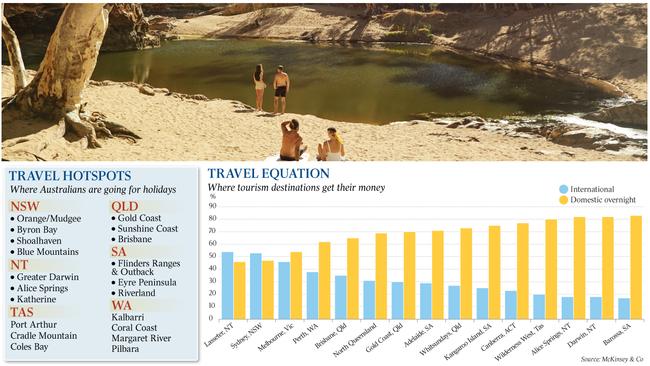
Brett Williams, from Wagga Wagga in NSW, chose to visit Byron Bay with wife Jocelyn, their three kids and his parents-in-law because of the great weather and nice places to eat out. “We came up here to escape the cold weather back home,” said Mr Williams, 36. “Local travel is always good: it’s easier and a lot safer.’’
Federal Tourism Minister Simon Birmingham has asked Tourism Australia, which generated more than $250m in advertising last year, to develop domestic marketing campaigns to encourage people to get out and see their own country.
Tourism Australia is understood to be armed with a significant war chest of funding for domestic campaigns, given it has minimal international campaign activity running at present.
“We will be ramping up domestic marketing activities to highlight the diverse and incredible experiences that are on offer across our country, to encourage Australians to travel again and generate economic activity in our tourism regions,” Senator Birmingham said.
The head of marketing and sales at boutique hotel Elements of Byron, David Jones, said business was “back to usual”. Byron Bay was “close to capacity” and facing an accommodation shortage from October to January, he said.
Destinations closer to Sydney — such as the Hunter Valley, central coast and south coast — experienced a demand spike immediately after restrictions eased. Mr Jones said northern NSW was now seeing higher levels of demand than usual, led by a “caravan of retirees”.
“I hate to be the bearer of bad news, but it does appear that there will be an availability issue this Christmas period in Australia,” he said, suggesting there wouldn’t be “enough rooms to accommodate, especially in the luxury market”.
McKinsey’s Mr Kennedy said social distancing would add to the losses. His analysis suggests a further 7 per cent loss of income as social distancing rules crimped tourist operators, and another 3 per cent owing to the hit to household incomes from the recession. “Even if Australians were persuaded to holiday like they’re seeing Australia for the first time, the realities of the coronavirus crisis will make it difficult to do so,” he said.
McKinsey is undertaking an analysis of different industries, which will also be revealed in The Australian next week.
Mr Kennedy said the tourist sector should brace for “tough times ahead” and many workers would be “especially reliant on Jobseeker once JobKeeper ends later this year’’.
Even before governments shut all travel, international visitors had fallen 28 per cent in the March quarter, and spending was down 27 per cent, or $3.9bn, according to Tourism Research Australia.
The McKinsey analysis assumed that no international visitors, who spent an average of $5180 last year, would return until September.
Tax office payroll data released earlier this week showed the number of accommodation jobs was still 28 per cent lower than before lockdowns began in mid-March — an improvement of only one percentage point from the relative level two weeks earlier.
Economists expect the overall unemployment rate will increase from May’s 7.1 per cent, the highest level since the early 2000s, to as high as 8 per cent, when the Australian Bureau of Statistics releases the latest labour force survey on Thursday. Since March, total employment has fallen by almost 860,000 to 12.15 million, according to the May survey.
ADDITIONAL REPORTING:
MAX MADDISON


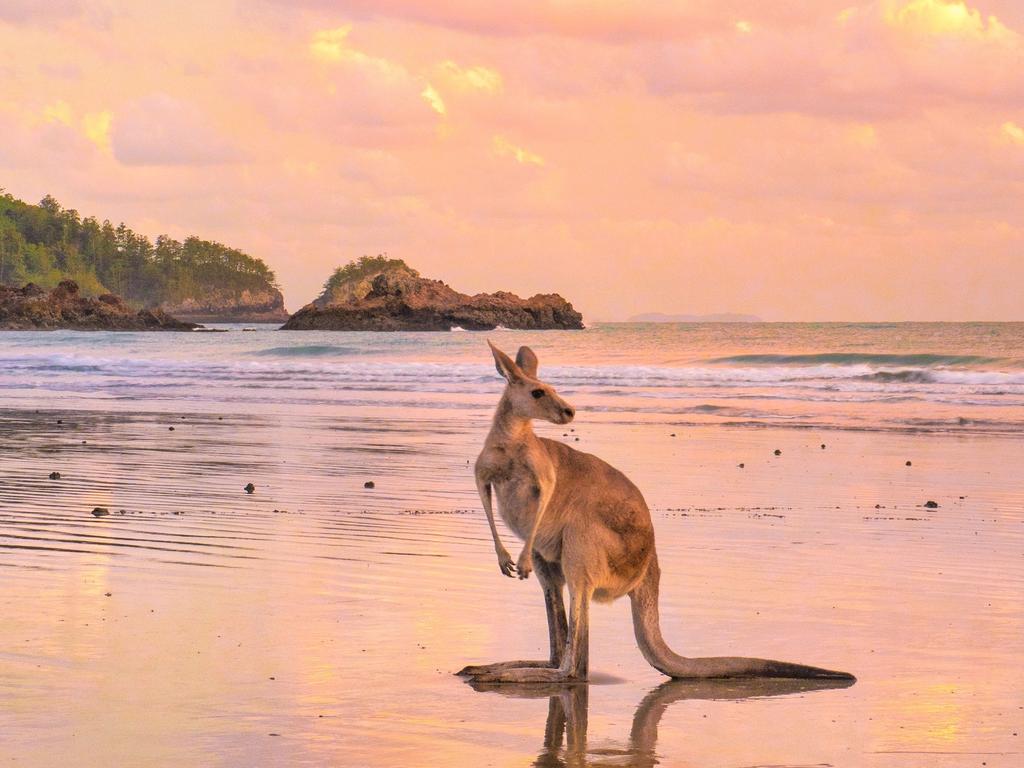
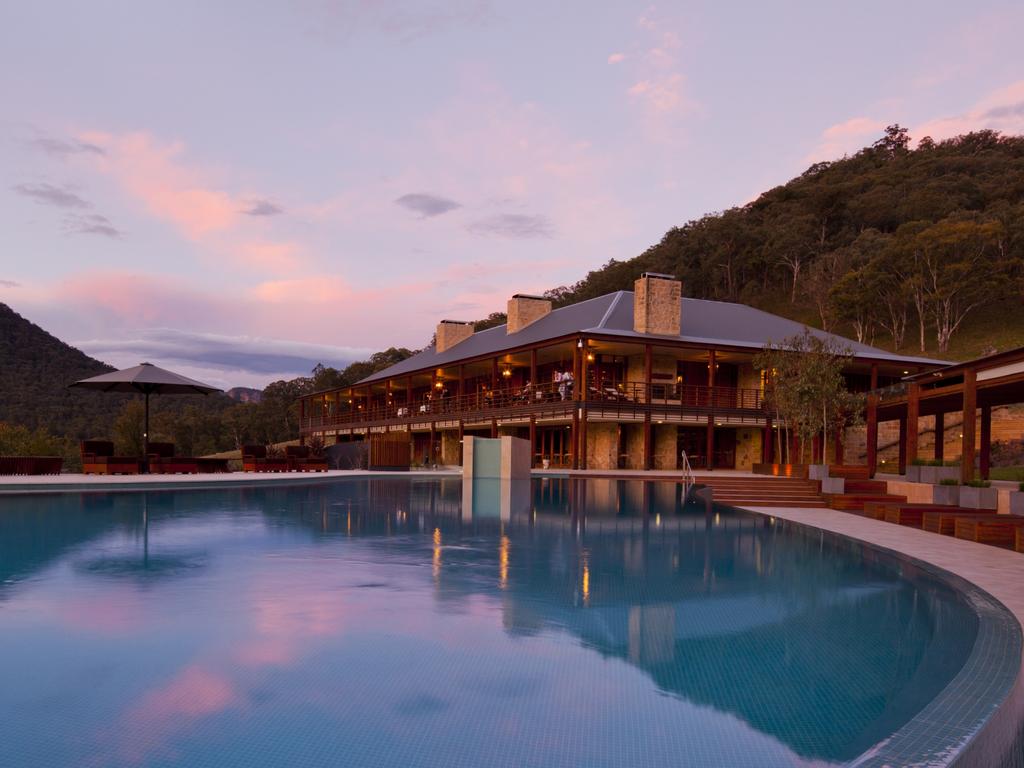
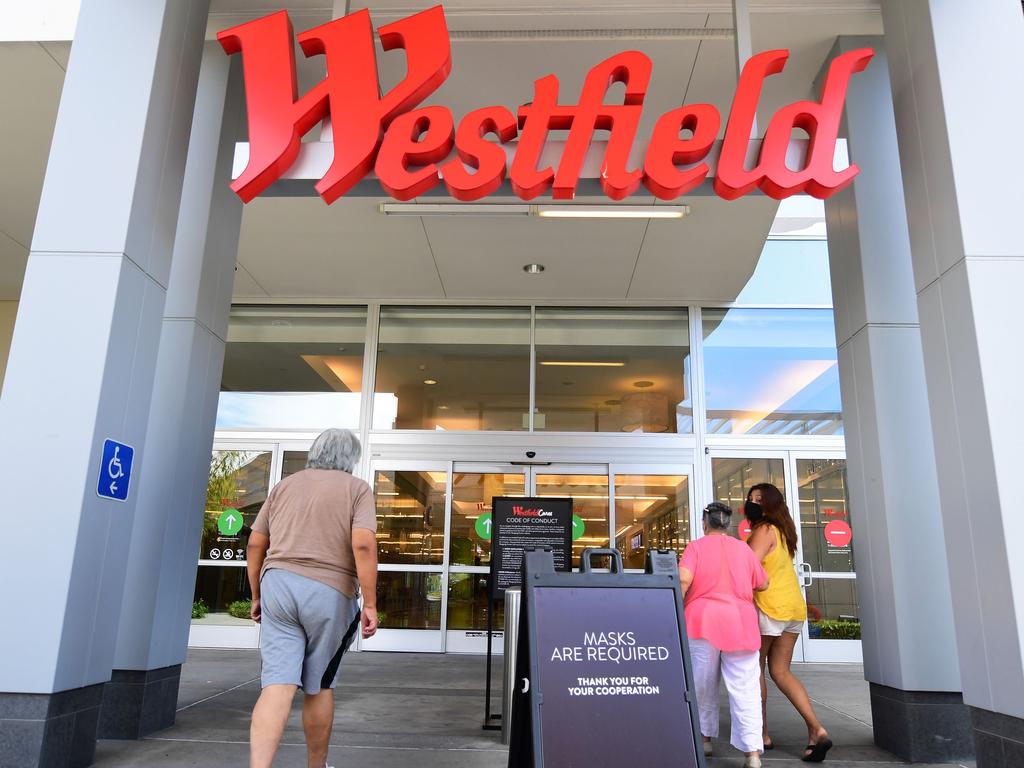
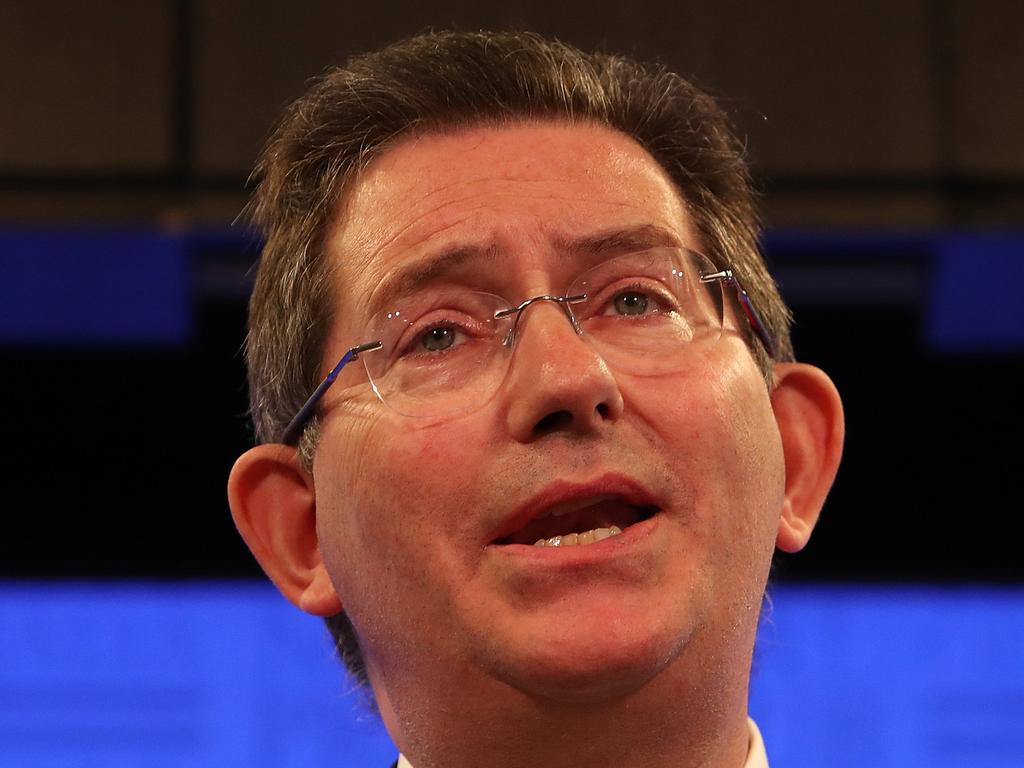
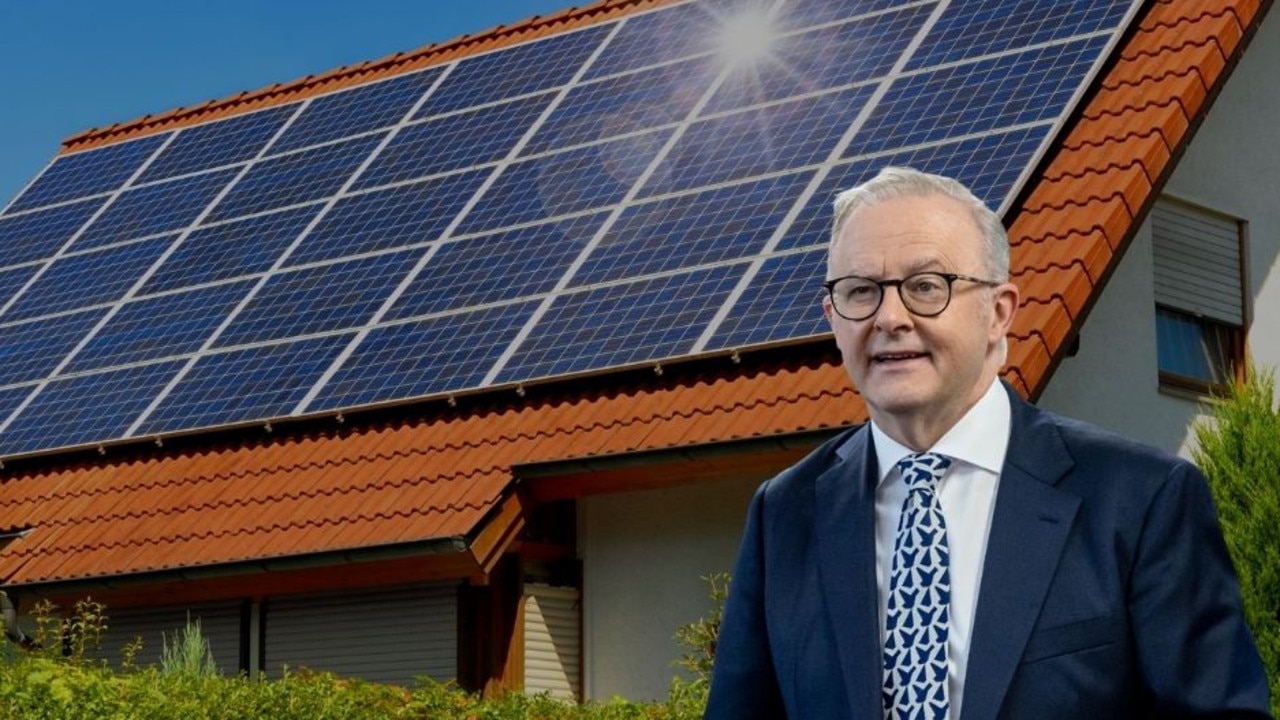
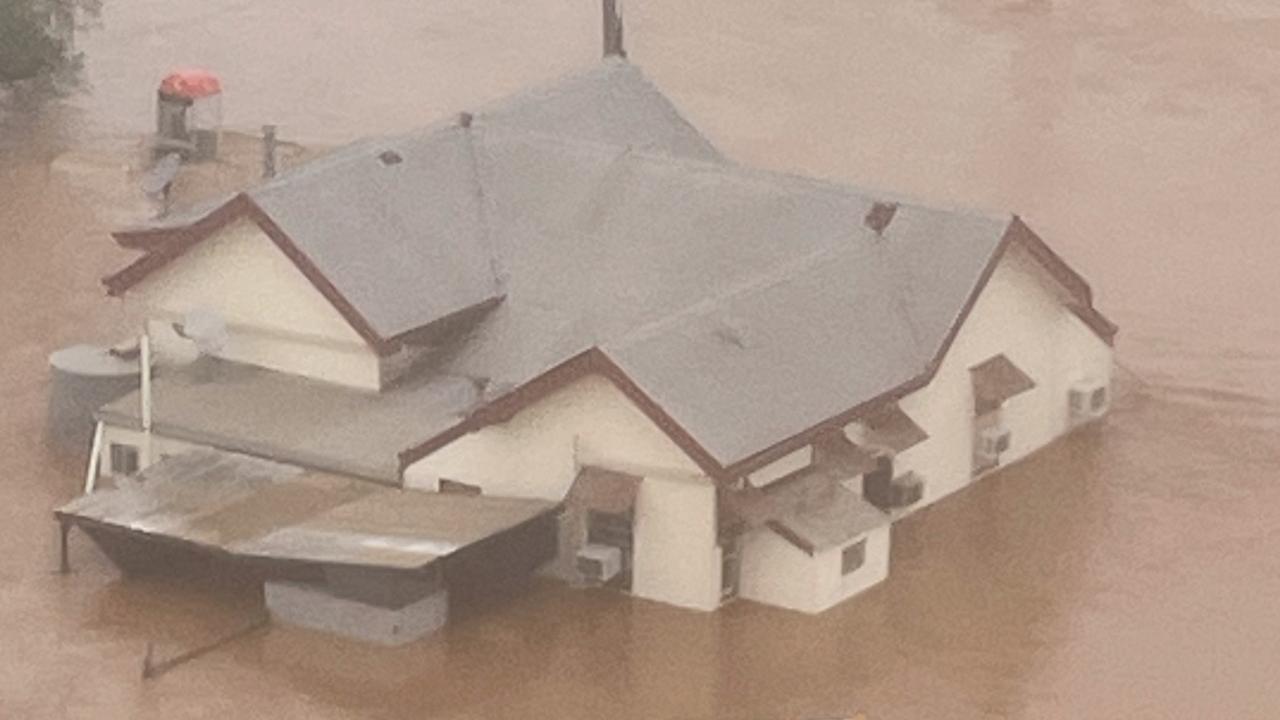
To join the conversation, please log in. Don't have an account? Register
Join the conversation, you are commenting as Logout